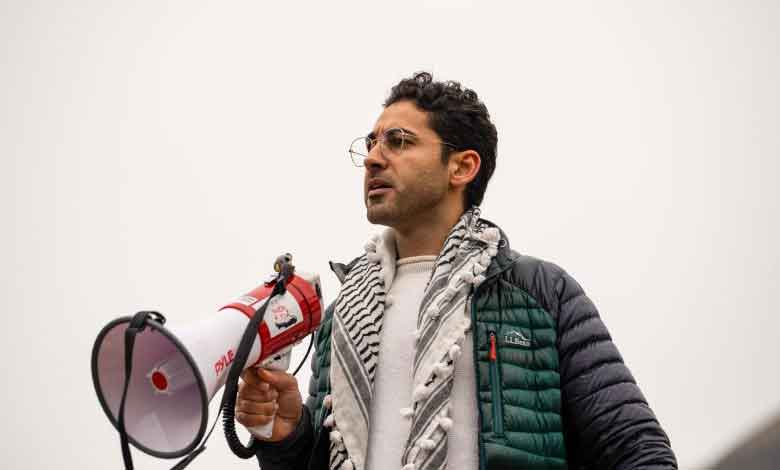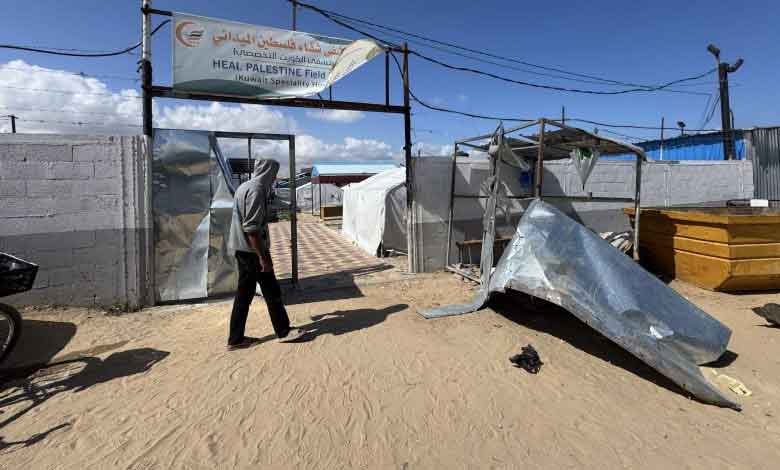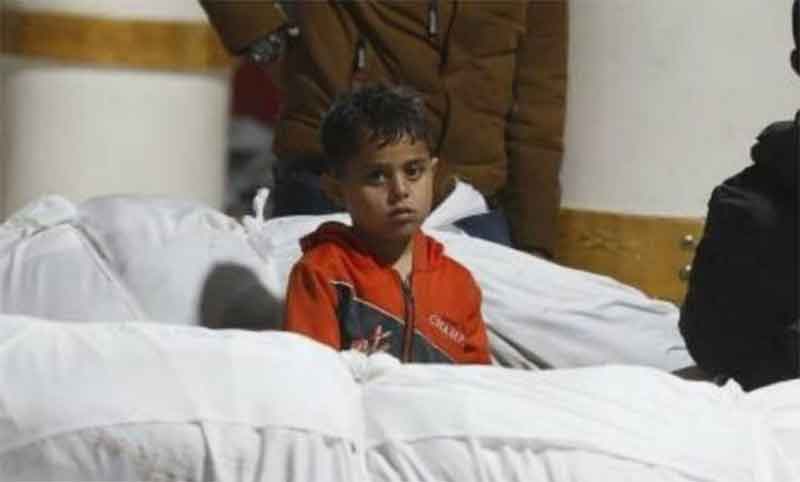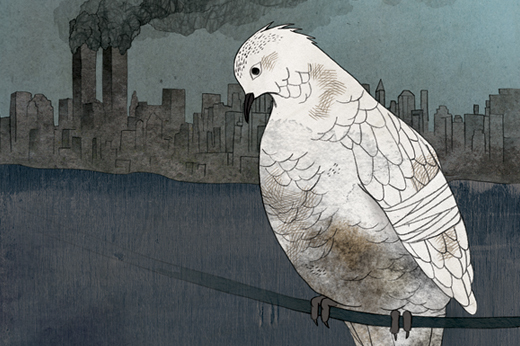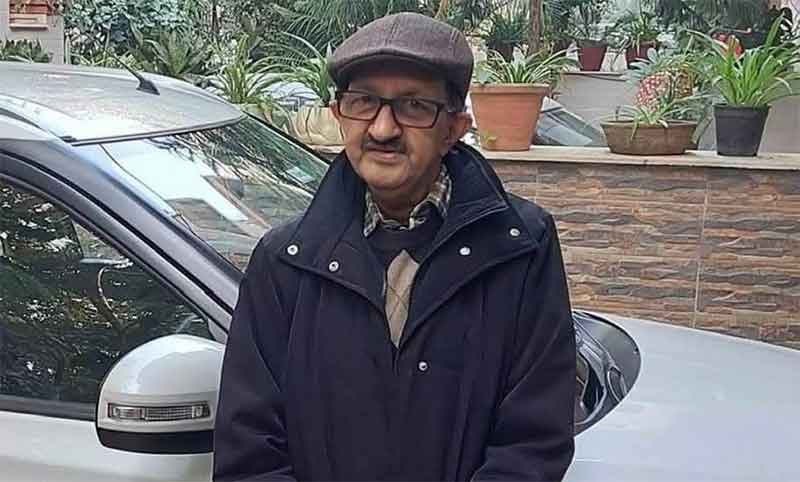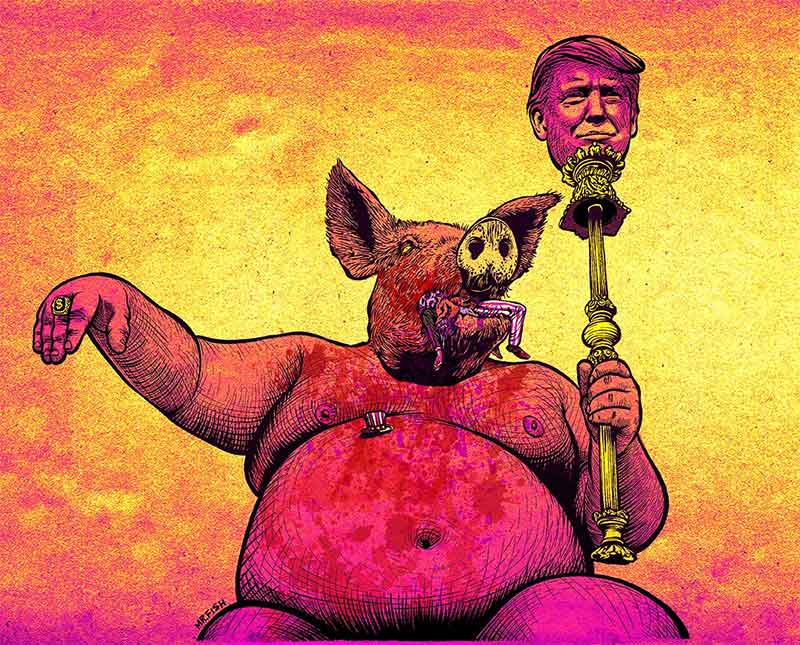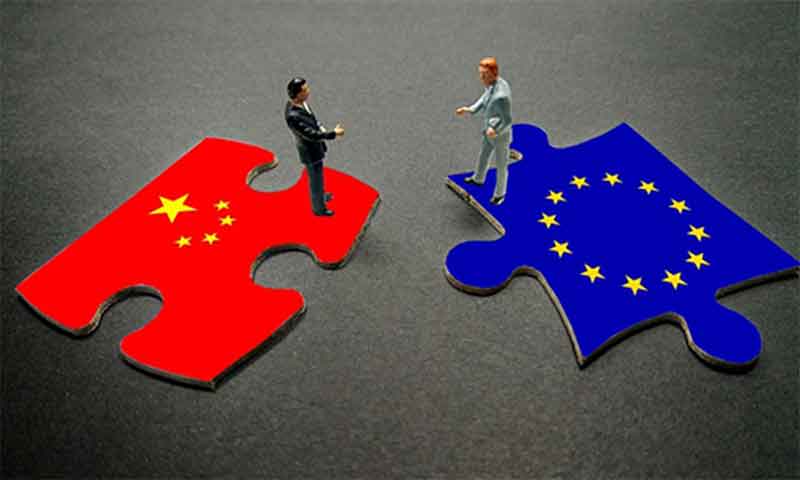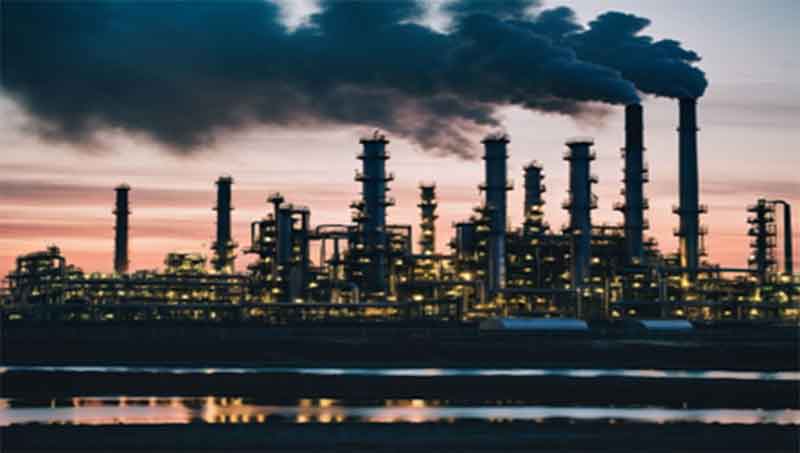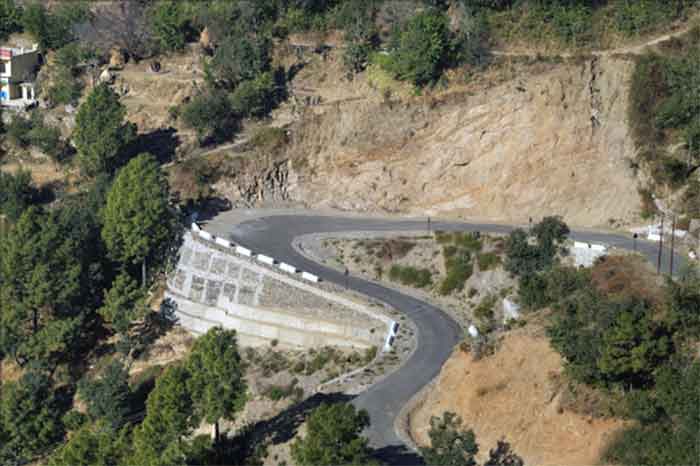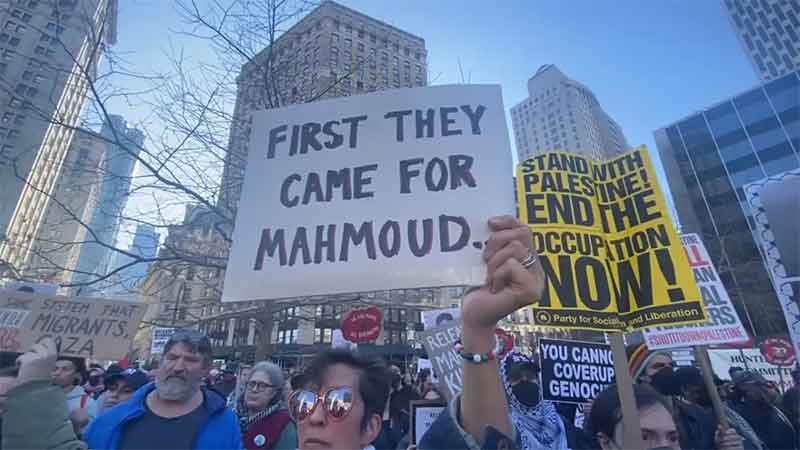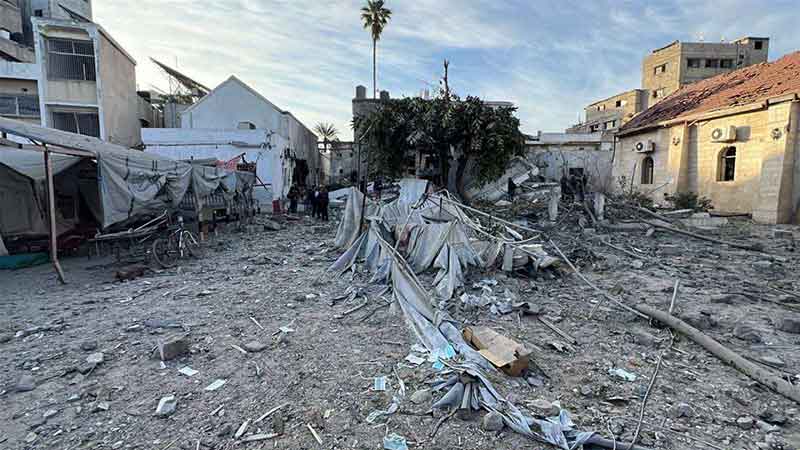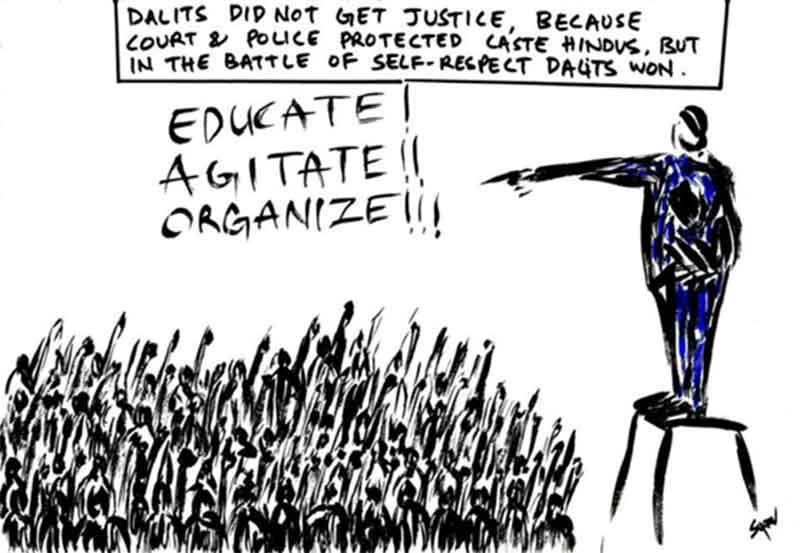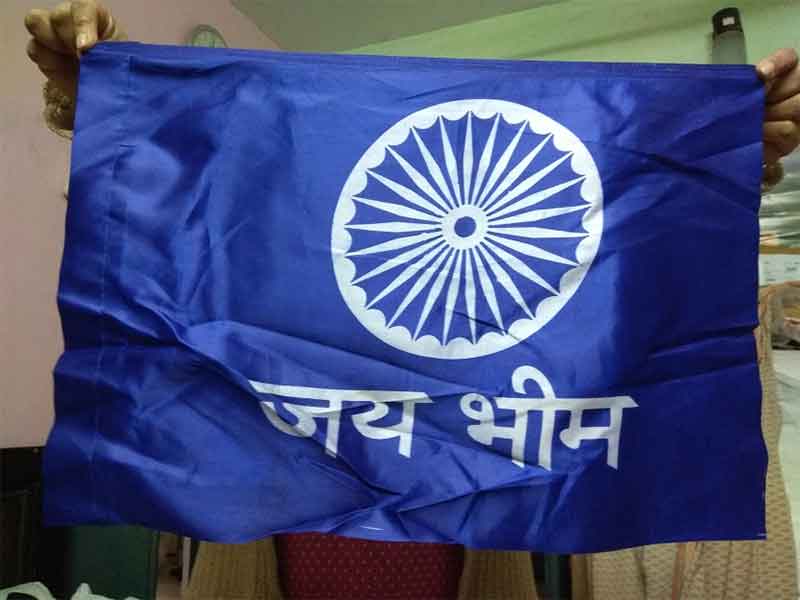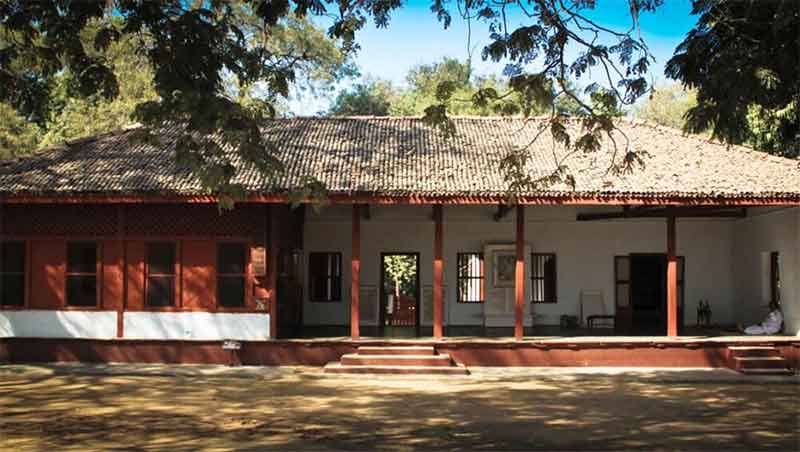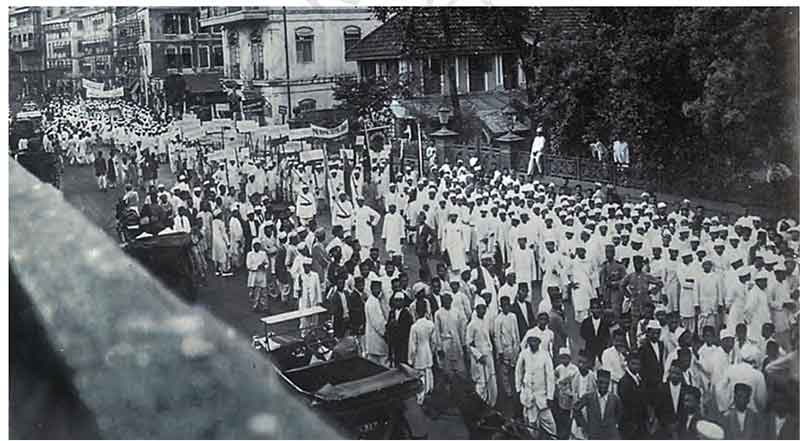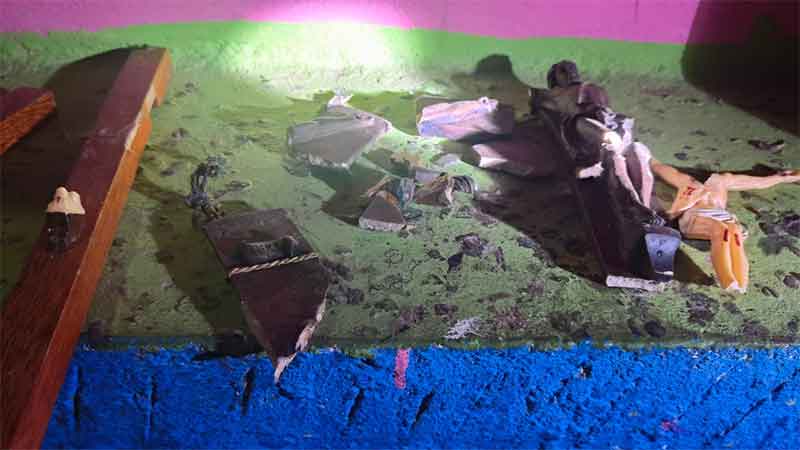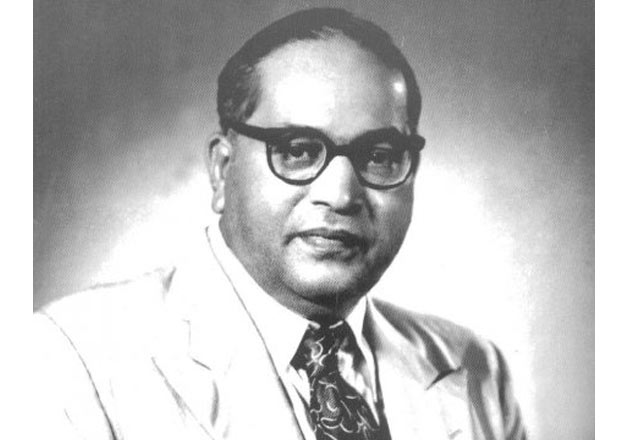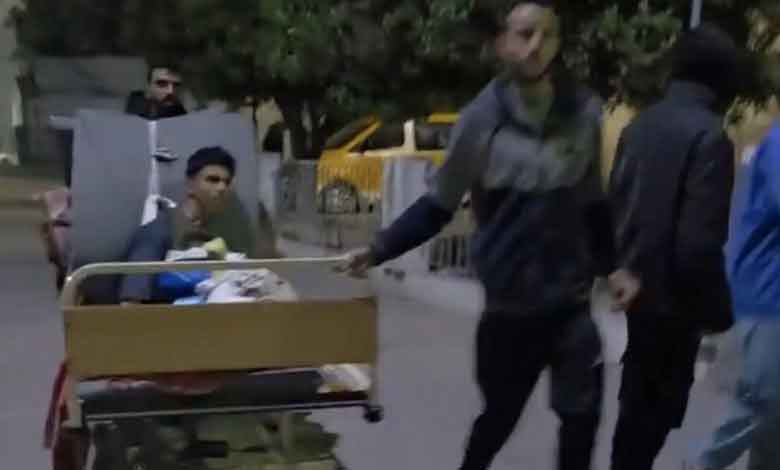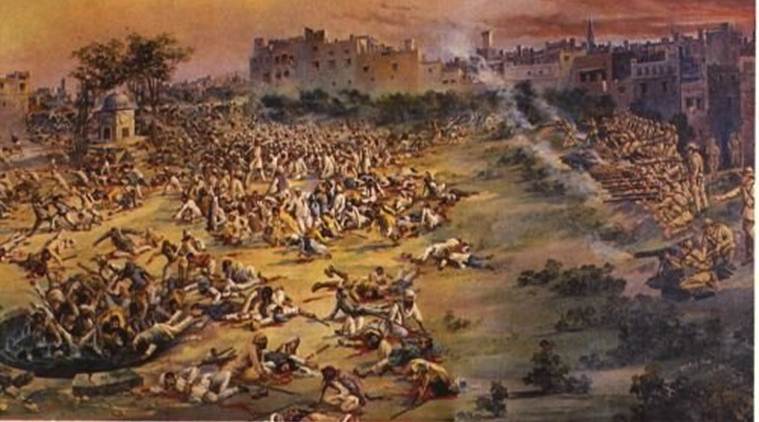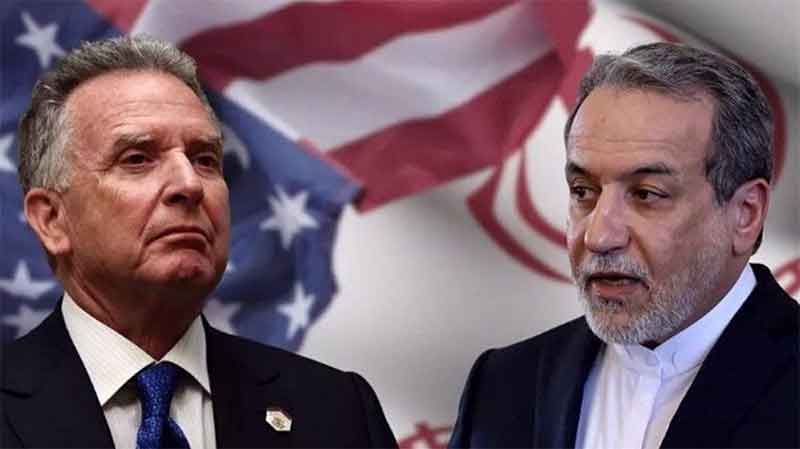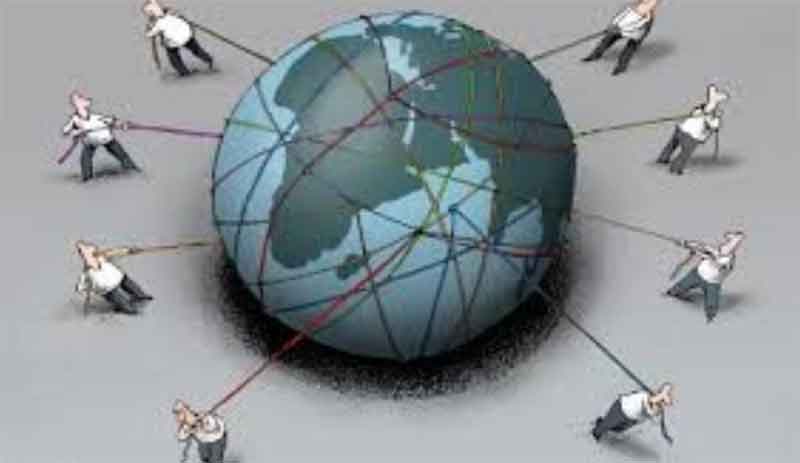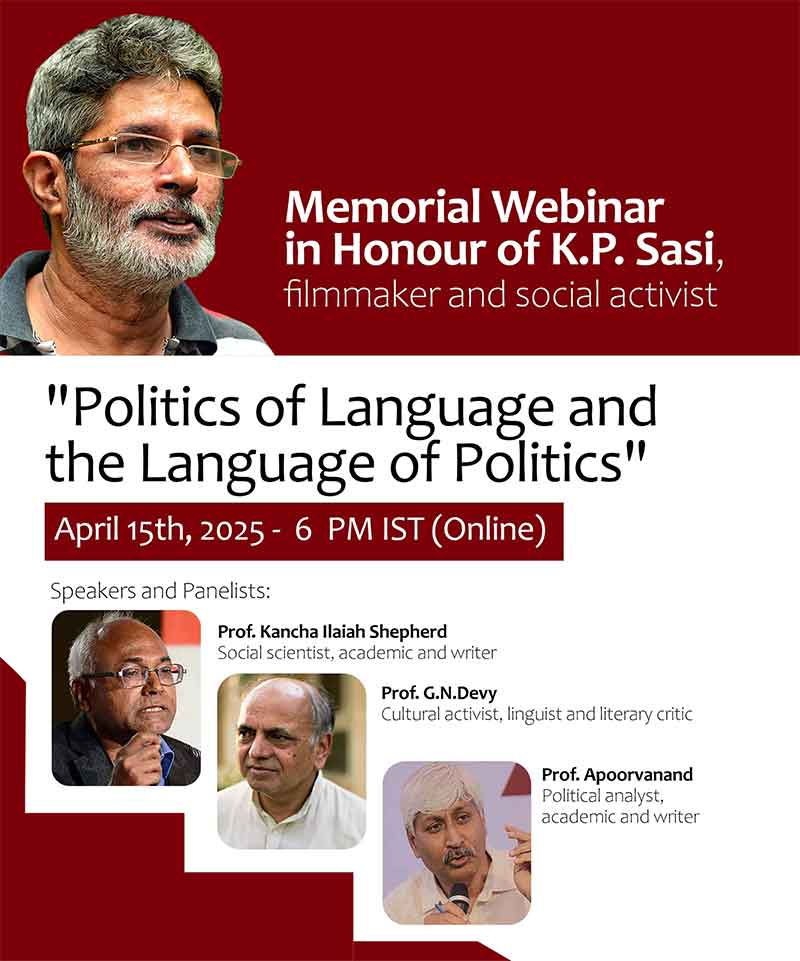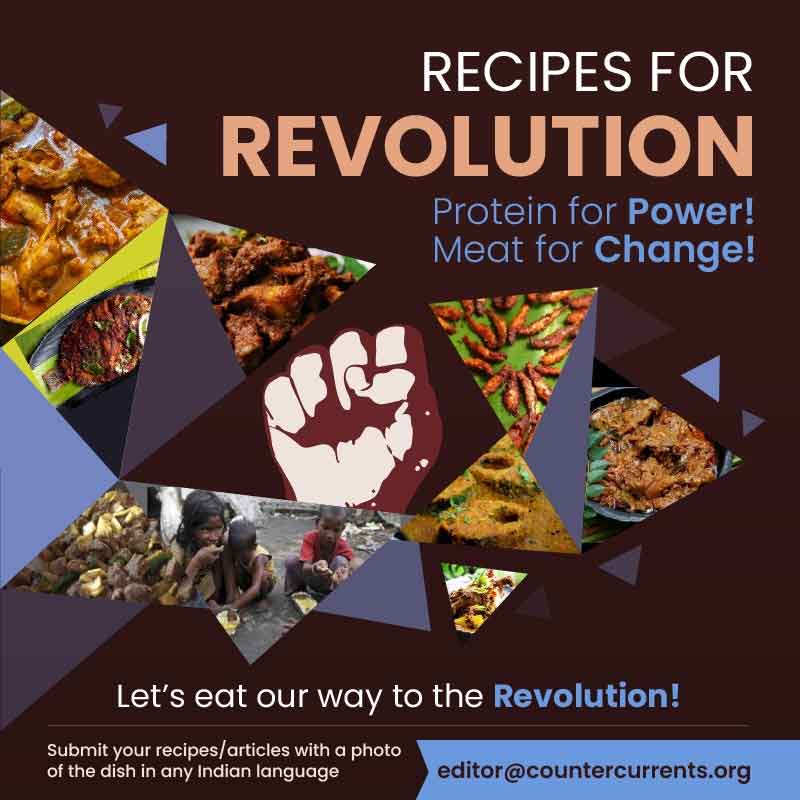
Despite discovery of new mineral wealth in recent years in Mozambique, including huge natural gas reserves, high poverty levels and low human development indicators in this East African country with a population of around 33 million remain a matter of serious concern. Although early years of this century witnessed high growth rates, this did not benefit the big majority of poor people.
The roots of poverty and deprivation in Mozambique go back to the Portuguese colonial rule which started with slave trade and then extended to control over the country through a series of wars, the plunder being shared sometimes with other European powers as well. The slave trade also continued much beyond the years of this being declared illegal. Forced cultivation of cash crops at the cost of staple food crops and the handing over of huge farming areas to foreign private companies destroyed the traditional food system. Forced labor, low wage labor and high taxation were common ways of squeezing local people further.
The main independence movement led by Frelimo, partly supported by the Portuguese Communists, mobilized the people, leading to independence in 1975. Despite encouraging development results achieved by the Frelimo supported by a majority of people, an opposition group Renamo made things difficult with many destructive actions in rural areas. A civil war went off and on from time to time, fuelled by destructive weapons from outside including landmines. The civil war left behind about two million landmines, endangering the life of people and making cultivation and other livelihood activities difficult and risky over vast areas, so that a lot of good farmland was left uncultivated.
At the same time the country was ravaged by increasingly adverse weather conditions and disasters including droughts, floods and hurricanes. In year 2019 two cyclones caused massive destruction and displaced about 150,000 people.
According to recent estimates while over 2.3 million people need humanitarian help, the available funds are adequate for providing this assistance to only about 0.6 million people, so that funds for about 1.7 million people are still needed. Hence the available funds have to be spread thinly, and still many people are left unsupported.
Perhaps the biggest danger of the last seven years or so has emerged in the Northern coastal province of Cabo Delgado. Here people have been fleeing from their village homes in hundreds of thousands due to several factors, the most prominent being attacks or threats of attacks from Islamic terror or rebel groups, described as non-state armed groups in the documents of the humanitarian agencies. The fleeing people have been so scared that sometimes they have even sought refuge in neighboring cholera affected provinces. At the peak of this displacement nearly over one million people had been displaced around 2021-22. Now nearly one half have gone back to their villages, despite conditions in several villages being far from secure, while about 580,000 people still remain in various, generally inadequately provided, refugee camps. In March 2024 a UNICEF representative stated that nearly 100,000 people had been displaced in just one month. The terror or rebel groups, or at least sections of them, are known for their extreme cruelty, so that many people flee when they fear an attack from them.
A report by ‘Medecins San Frontiere’ dated 4 March, 2024 has stated, “Since 2017 families have been displaced multiple times. Most have experienced or witnessed extreme violence including killings, sexual violence, kidnappings, extortions and villages being burnt. Many had or saw their relatives and neighbors being assassinated, decapitated, or killed by gunfire. Some have lost their entire family.” This report says that many of those fleeing from such violence are thus not just traumatized but in addition also have suicidal thoughts.
While it is clear that these terror groups are very cruel, they try to sometimes seek legitimacy by arguing that they, by their violence, are opposing the cheating of the people of the region in the course of implementing a natural gas project. However how can this justify their violence which actually increases the sufferings of people?
However the fact of the people not being given a fair deal in the course of the natural gas project estimated to be worth 20 billion dollars have also been made by several other organizations, activists or scholars devoted to justice and human rights.
Once big natural gas deposits were discovered here in the sea, a French multinational company moved in hurriedly to exploit this. They asked for big security arrangements to be made for them, and the government hurriedly sent security personnel not properly trained to cope with the emerging complex social problems in the region. The rehabilitation package for displaced communities was not designed and implemented properly, leading to much discontent. They felt that despite the rich resources having been discovered in their region, their condition was worsening. Many people were moved far away from the sea although their traditional life and livelihood was closely related to fishing and collection of shells.
However the heavy military presence did not enable them to articulate their opposition in peaceful and democratic ways. Instead many of them were harassed and punished without any offence by the military personnel in arbitrary ways.
Hence the people here have suffered at three levels-from their displacement, from the military and above all from the cruelty of the terror groups.
In the middle of various disruptions the work of the French multinational company had to be suspended. While it is preparing to resume it sometime later and promising now to set aside funds to provide thousands of jobs to local and displaced people, other big companies are also in line to exploit the huge natural gas deposits. One can only hope that some lessons from the past will be learnt and concerns of local people will get sincere and genuine attention.
Bharat Dogra is Honorary Convener, Campaign to Save Earth Now. His recent books include Protecting Earth for Children, Planet in Peril, A Day in 2071 and Man over Machine.

